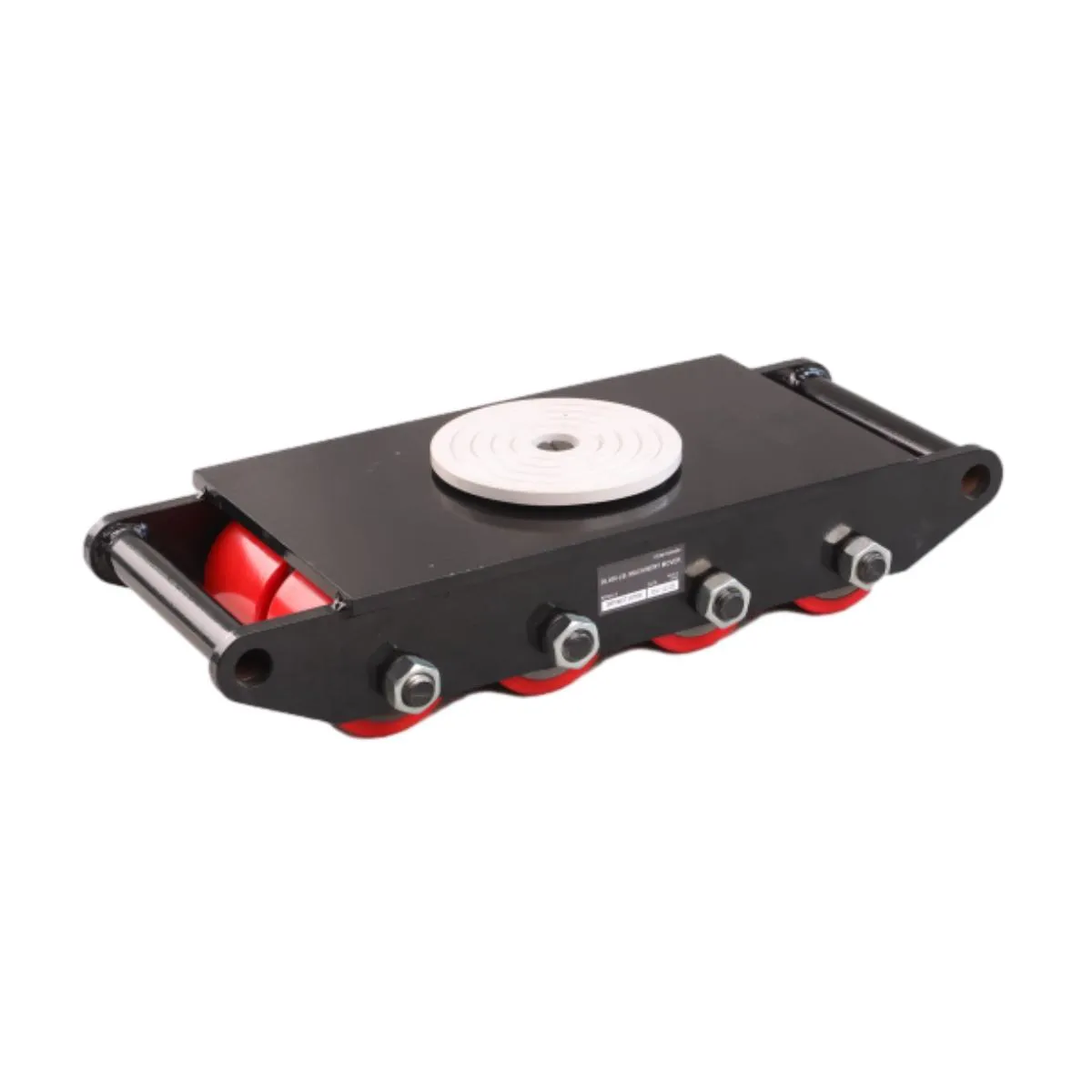Cost of 1 Ton Overhead Crane and Factors Affecting Pricing
Understanding the Price of a 1-Ton Overhead Crane
Overhead cranes play a crucial role in various industrial settings, providing efficient material handling solutions in warehouses, manufacturing plants, and shipping yards. Among the different types available, the 1-ton overhead crane stands out due to its versatility and capability suited for moderate lifting tasks. As industries prepare to invest in lifting equipment, understanding the factors that influence the price of a 1-ton overhead crane is essential for making informed purchasing decisions.
Key Factors Influencing Price
1. Type of Overhead Crane The pricing of a 1-ton overhead crane can vary significantly based on its type. There are generally two types the bridge crane and the gantry crane. Bridge cranes are typically installed indoors and feature a fixed overhead structure, while gantry cranes are portable and can be used outdoors. Each type offers unique benefits and drawbacks, which can influence the overall cost.
2. Material and Design The materials used in the crane's construction also impact the price. Cranes made with high-quality steel will generally cost more than those made from lighter materials. Additionally, specialized designs that enhance performance or safety features will add to the expense. Custom-designed cranes that meet specific industrial requirements will typically cost more than standard models.
3. Brand Reputation The manufacturer’s reputation can significantly affect pricing. Well-known brands with a history of quality and reliable service often charge a premium for their products. Investing in a reputable brand can sometimes save on long-term maintenance costs and provide greater reliability in performance.
4. Control Systems Overhead cranes come equipped with various control systems, ranging from basic manual controls to advanced wireless remote operation systems. The more sophisticated the control system, the higher the cost. Businesses should consider their operational needs when choosing a control system, balancing functionality with budget constraints.
5. Additional Features and Safety Standards Safety is paramount in industrial lifting operations. Cranes that come with enhanced safety features, such as overload protection, emergency stop buttons, and motion sensors, are typically more expensive. Moreover, compliance with international safety standards and regulations can influence the manufacturing process and, thus, the pricing.
overhead crane 1 ton price

6. Installation and Maintenance Costs The initial purchase price of a crane may not encompass the total investment. Installation costs can vary based on the complexity of the setup and the site conditions. Regular maintenance is also necessary to ensure the crane operates safely and efficiently, adding to the overall expenditure over time.
Estimating Costs
On average, the price range for a 1-ton overhead crane can be anywhere from $2,000 to $10,000, depending on the factors mentioned above. Basic units may fall at the lower end of the spectrum, while advanced, specially designed models with enhanced features and controls will push the price higher.
Making an Informed Decision
When considering the purchase of a 1-ton overhead crane, businesses should conduct a thorough needs assessment. Understanding the specific lifting requirements, working environment, and operational flow will assist in selecting the right crane type. It is advisable to compare multiple suppliers and models, evaluating not just the upfront cost but also the long-term value provided by each option.
Demand for overhead cranes, particularly in industries such as construction and manufacturing, has continued to grow. With the right investment in a quality 1-ton overhead crane, businesses can enhance their operational efficiency, promote worker safety, and ultimately drive profitability.
In conclusion, while the price of a 1-ton overhead crane can vary widely, taking the time to understand the core factors affecting costs will empower organizations to make informed buying decisions. By carefully considering their unique operational needs and budgetary constraints, businesses can secure a crane that meets their requirements while offering exceptional value.
-
Unlock Seamless Relocation with Our Heavy Equipment Moving ExpertiseNewsJun.06,2025
-
Unleash Unrivaled Flexibility with Our Adjustable Gantry CraneNewsJun.06,2025
-
Unleash Heavy-Duty Efficiency with Our Industrial Gantry Crane SolutionsNewsJun.06,2025
-
Revolutionize Steel Handling with Our Magnetic Lifter RangeNewsJun.06,2025
-
Master Equipment Mobility with Premium Machinery Mover SolutionsNewsJun.06,2025
-
Elevate Your Material Handling with Magnetic Lifter TechnologyNewsJun.06,2025
-
YS Permanent Lifting Magnets: The Smarter Way to Handle SteelNewsMay.22,2025
